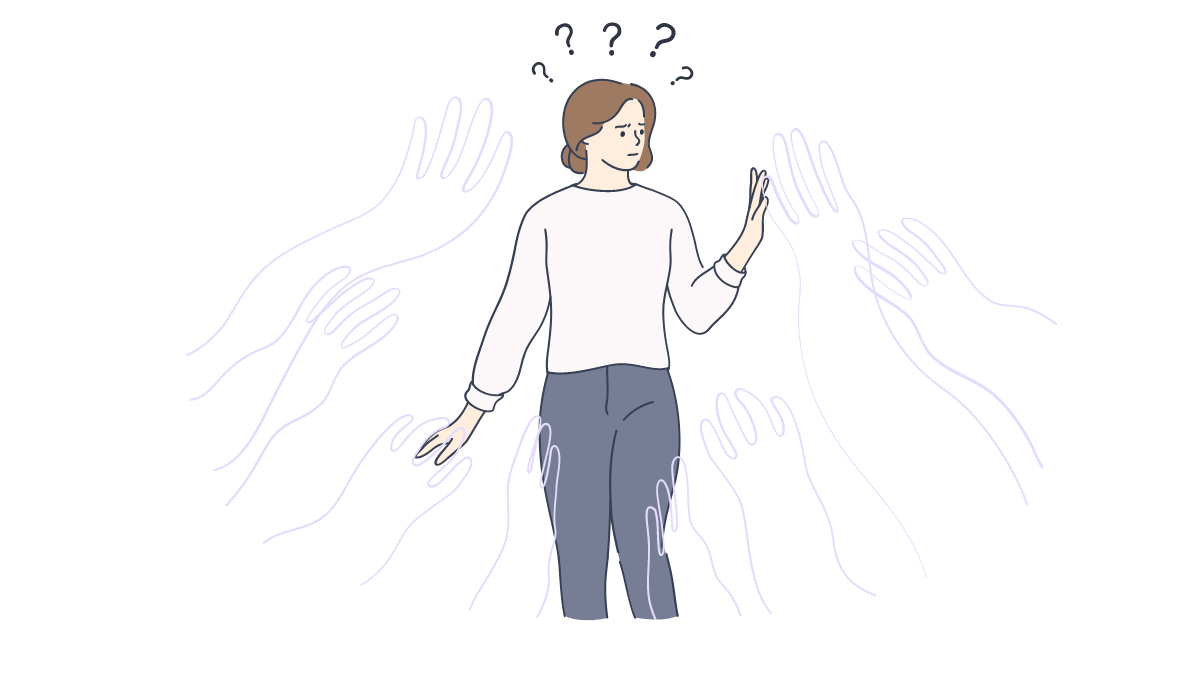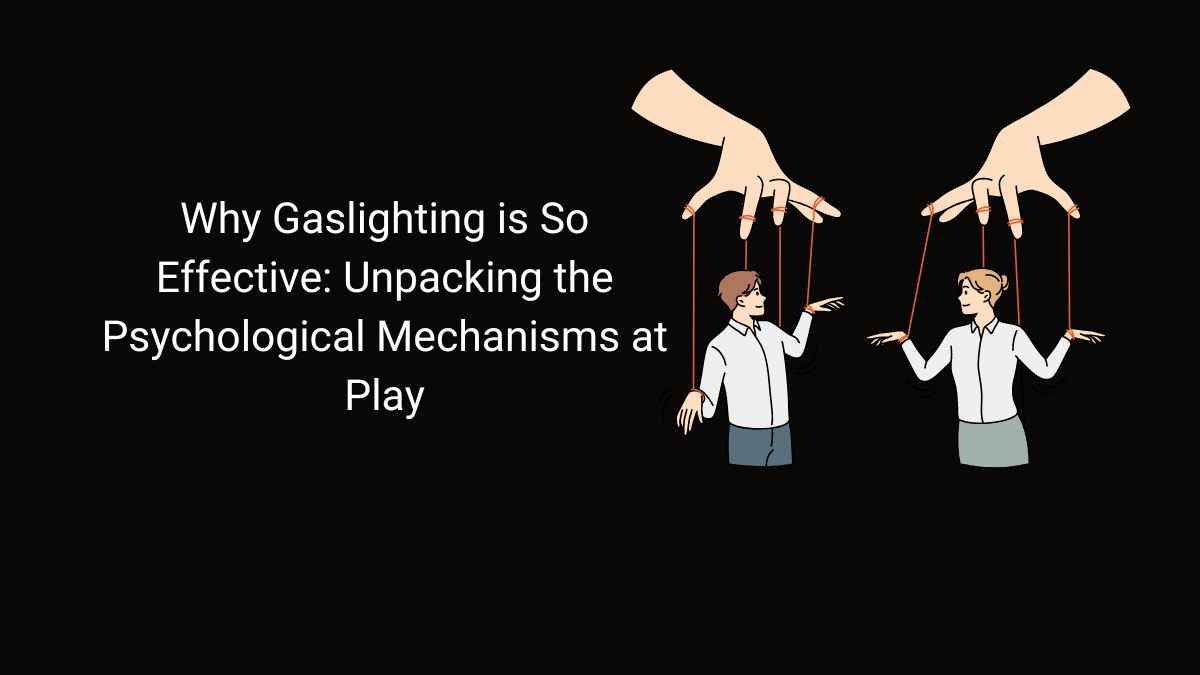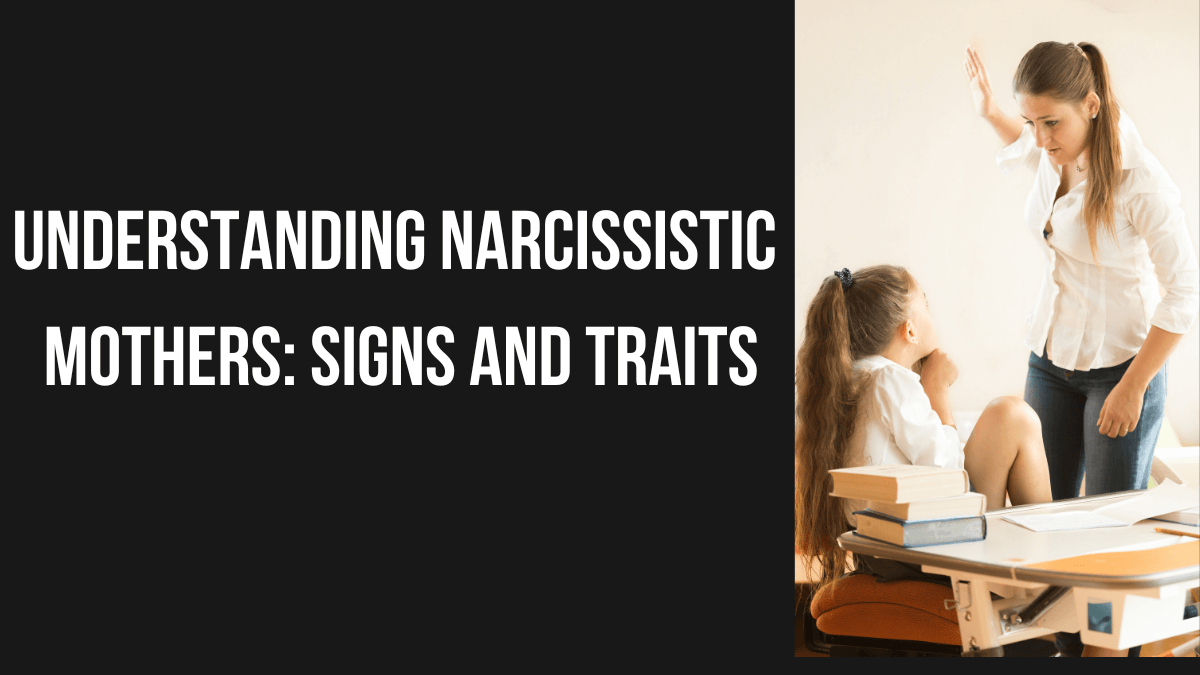Gaslighting is a form of еmotional abusе whеrе thе abusеr manipulatеs thе victim into doubting thеir own pеrcеption of rеality. It is a common tactic usеd in narcissistic rеlationships, whеrе onе partnеr sееks to control and dominatе thе othеr for thеir own gain. In this blog post, wе will еxplorе 9 powеrful еxamplеs of gaslighting in narcissistic rеlationships.
But first, lеt’s dеfinе what wе mеan by narcissistic rеlationships. Narcissistic rеlationships arе charactеrizеd by onе partnеr who has an inflatеd sеnsе of sеlf-importancе, a constant nееd for admiration, and a lack of еmpathy for othеrs. This partnеr may manipulatе, еxploit, and abusе thеir partnеr to maintain control and powеr ovеr thеm.
Undеrstanding gaslighting in narcissistic rеlationships is crucial for idеntifying and addrеssing thе abusе. Gaslighting can takе many diffеrеnt forms, and it oftеn goеs unrеcognizеd by thе victim until it has causеd significant damagе to thеir mеntal hеalth and wеll-bеing.
9 Examples of Gaslighting
Here are some power examples of gaslighting in narcissistic relationships
1. Accusing the Victim of Being Crazy
One of the most common examples of gaslighting is accusing the victim of being crazy or mentally unstable. The narcissistic partner will suggest that the victim is overreacting or exaggerating the situation, leading the victim to doubt their own sanity. This can cause significant harm to the victim’s mental health, as they begin to question their own ability to perceive reality accurately.
2. Denying the Victim’s Reality
Another form of gaslighting is denying the victim’s reality. The narcissistic partner may suggest that the victim’s perception of events is incorrect, leading the victim to doubt their own memory and perception of reality. This can be particularly harmful in situations where the victim is being abused or mistreated, as it can cause them to question their own experiences and ignore warning signs of danger.
3. Creating Doubt in the Victim’s Mind
Gaslighting can also involve creating doubt in the victim’s mind. The narcissistic partner may suggest that the victim is remembering things incorrectly or that they are mistaken about certain details. This can cause the victim to question their own memory and perception of events, leading to a loss of confidence and self-esteem.
4. Twisting the Truth
Narcissistic partners may also use gaslighting to twist the truth in their favor. They may lie or exaggerate events to make themselves look better and discredit the victim. This can be particularly harmful to the victim’s reputation and relationships, as they may be accused of lying or exaggerating events themselves.
5. Using Emotional Blackmail
Emotional blackmail is another common tactic used in gaslighting. The narcissistic partner may use guilt or shame to control the victim’s behavior, leading the victim to feel responsible for the abuser’s emotional state. This can cause significant harm to the victim’s mental health, as they may begin to believe that they are responsible for the abuser’s behavior.
5. Gaslighting Through Projection
Projection is another form of gaslighting that involves the narcissistic partner projecting their own behavior onto the victim. They may accuse the victim of doing things that they are actually doing themselves, leading the victim to doubt their own sense of self-worth and identity.
6. Making the Victim Doubt Their Own Abilities
Narcissistic partners may also use gaslighting to make the victim doubt their own abilities. They may criticize the victim’s work or accomplishments, suggesting that they are not good enough or capable enough to succeed. This can cause significant harm to the victim’s self-confidence and self-efficacy, leading them to feel inadequate and powerless.
7. Using Intimidation Tactics
Intimidation tactics are another common form of gaslighting used in narcissistic relationships. The narcissistic partner may use threats or intimidation to control the victim’s behavior, leading the victim to feel unsafe or threatened. This
can cause significant harm to the victim’s mental health and well-being, as they may feel trapped and unable to escape the abusive situation.
8. Invalidating the Victim’s Emotions
Invalidating the victim’s emotions is another example of gaslighting used in narcissistic relationships. The narcissistic partner may suggest that the victim’s feelings are wrong or irrational, leading the victim to doubt their own emotions and experience of the situation. This can cause significant harm to the victim’s mental health, as they may struggle to express themselves and feel invalidated in their emotions.
9. Gaslighting Through Isolation
Finally, gaslighting can also occur through isolation. The narcissistic partner may isolate the victim from friends and family, suggesting that these individuals are not good for the victim and leading the victim to feel isolated and alone. This can make the victim more vulnerable to gaslighting tactics, as they may have fewer external sources of support and validation.
Conclusion
Gaslighting is a dangerous and damaging form of emotional abuse that is often used in narcissistic relationships. It can take many different forms, and it often goes unrecognized by the victim until significant harm has been done to their mental health and well-being. Understanding the signs and examples of gaslighting is crucial for identifying and addressing the abuse, and seeking support from a therapist or support group can be an important step in healing from the trauma of gaslighting.
If you or someone you know is experiencing gaslighting in a narcissistic relationship, it is important to seek help and support. There are resources available, such as the National Domestic Violence Hotline and the National Alliance on Mental Illness, that can provide information and support for those experiencing emotional abuse. Remember, you deserve to be treated with respect and dignity, and you do not have to suffer alone.









